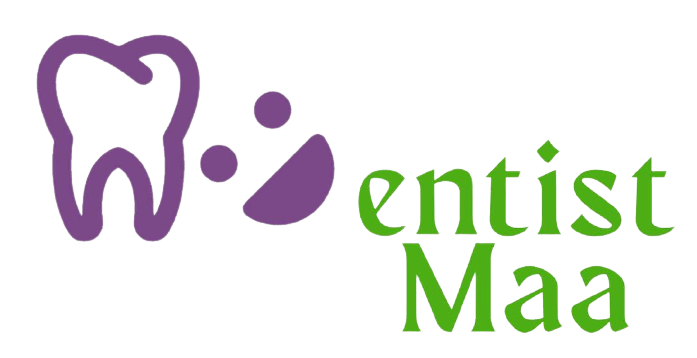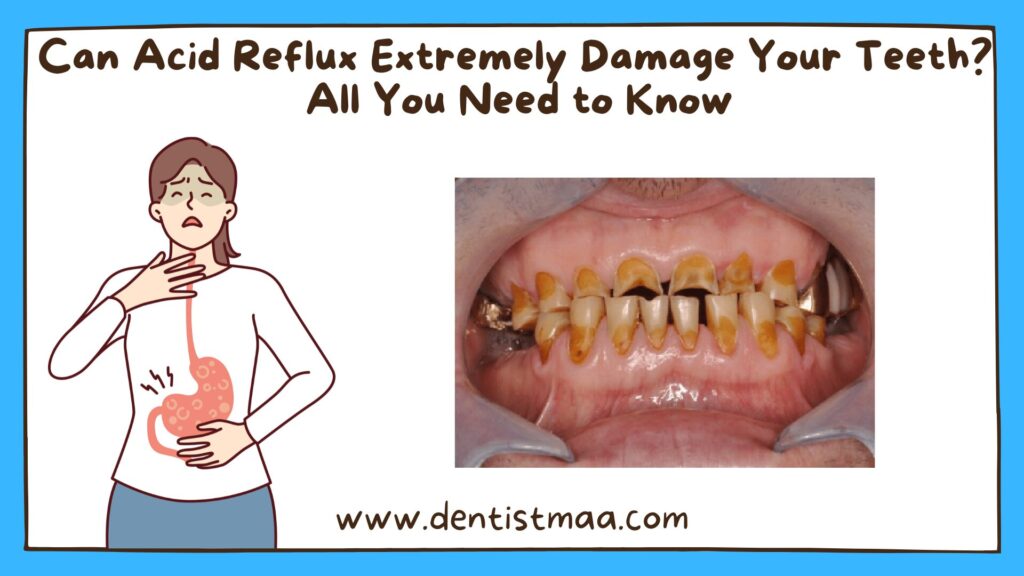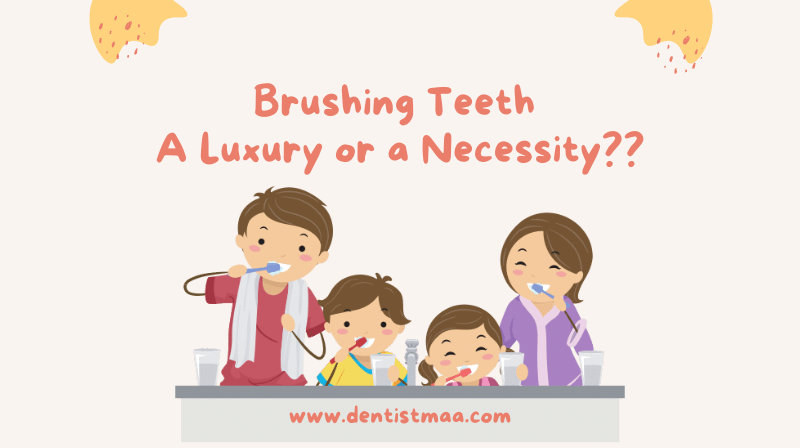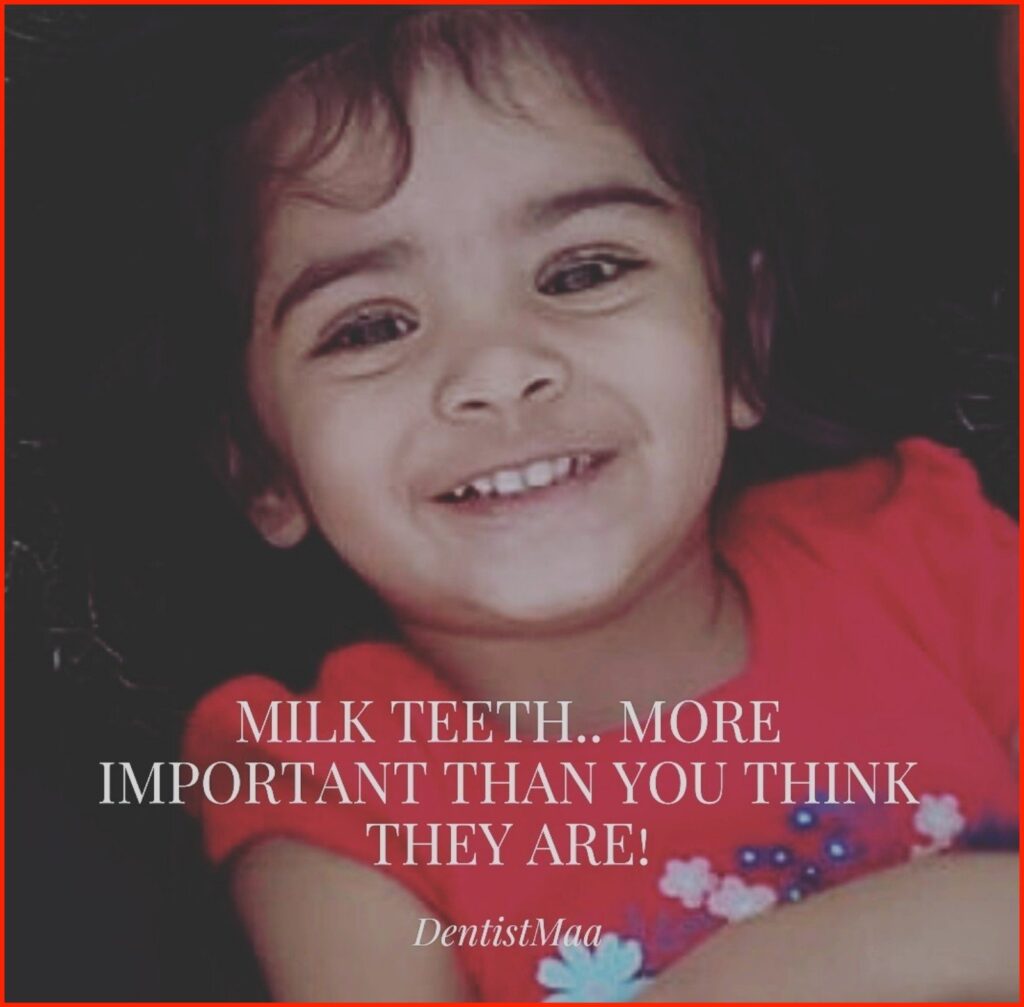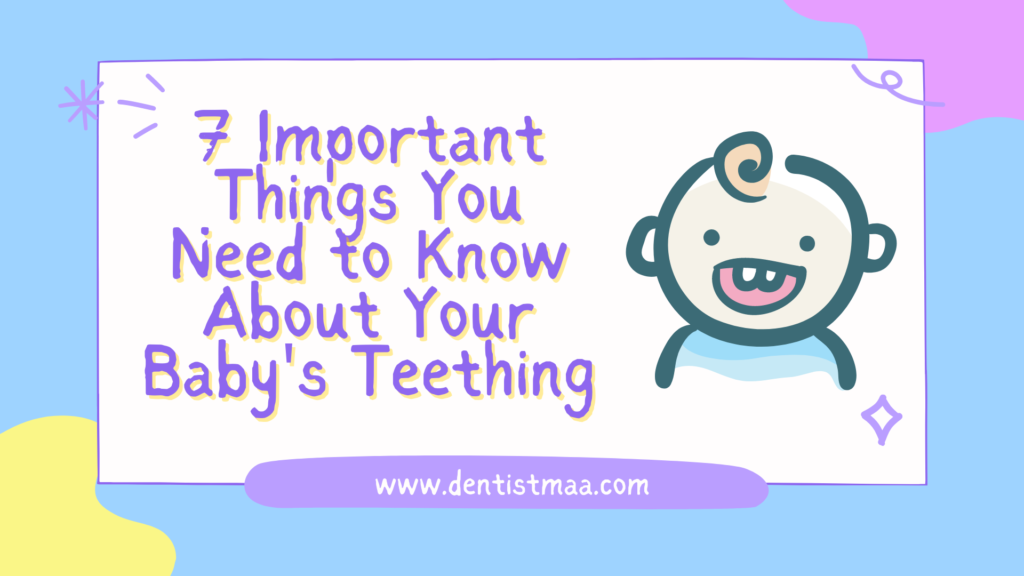Acid reflux, also known as gastroesophageal reflux disease (GERD) is a condition that has been affecting millions of people worldwide. The primary symptoms of Acid Reflux are heartburn, regurgitation and discomfort. Not only this, it also affects the oral health. It has severe effects on teeth. In this blog post, we’ll go into the details of
– How acid reflux can have a severe effect on your dental health
– The signs we need to look for
– The ways to protect your teeth if you have GERD.
In This Article:
Understanding Acid Reflux and GERD
Let us first go into the details of what exactly Acid Reflex is to know how it affects our teeth.
What is Acid Reflux?
Acid reflux occurs when stomach acid flows back into the oesophagus, the tube that connects your throat to your stomach. This backflow, known as reflux, happens when the lower oesophagal sphincter (LES) doesn’t close properly or relaxes inappropriately. The LES is a ring of muscle that acts as a valve between the oesophagus and the stomach. When it functions correctly, it opens to allow food and liquid to enter the stomach and then closes to prevent stomach contents from rising back up.
However, when the LES fails to close properly, stomach acid can flow back into the oesophagus, leading to a burning sensation known as heartburn. Occasional acid reflux is common and may not cause significant harm. But when acid reflux becomes frequent or chronic, it is classified as GERD.
What is GERD?
GERD is a chronic condition where acid reflux occurs more than twice a week. Over time, the continuous exposure of the oesophagus to stomach acid can cause inflammation, irritation, and damage to the oesophagal lining. GERD can lead to complications such as esophagitis, Barrett’s oesophagus, and even oesophageal cancer if left untreated.
However, the effects of GERD are not confined to the oesophagus. Stomach acid can also reach the mouth, which can have serious implications for oral health, particularly for the teeth.
How Acid Reflux Affects Teeth
The Role of Stomach Acid in Tooth Erosion
One of the most significant ways that acid reflux can damage teeth is through a process known as acid erosion. Tooth enamel, the hard, outer layer of the teeth, is the strongest substance in the human body. However, it is not impervious to damage. Enamel is highly susceptible to acid attacks, which can lead to its gradual breakdown.
When stomach acid reaches the mouth due to acid reflux, it comes into contact with the teeth. The acid lowers the pH level in the mouth, creating an acidic environment that weakens tooth enamel. Over time, repeated exposure to stomach acid can lead to enamel erosion, the irreversible loss of the tooth’s protective layer.
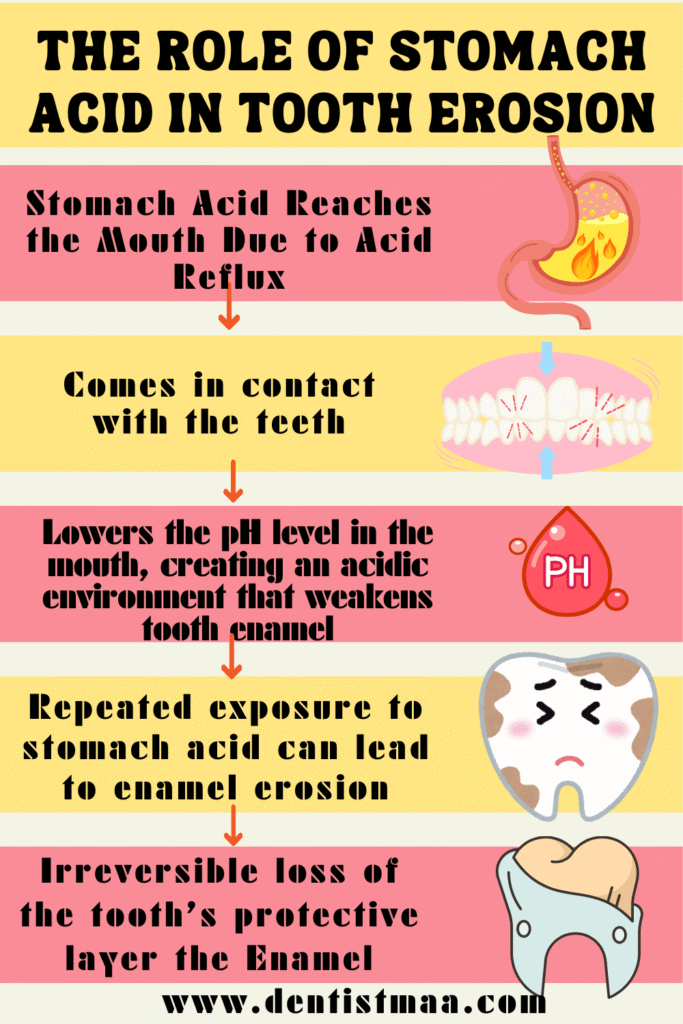
The Stages of Tooth Erosion
Tooth erosion caused by acid reflux typically occurs in stages:
- Initial Stage: Teeth might slightly be discoloured or translucent in the initial or early stage. Slowly in this stage, the outer layer of enamel starts wearing off and the underlying dentin starts becoming visible which is darker in colour. You might start getting sensitive to cold and sweet.
- Progressive Stage: This is the next stage of erosion and teeth start becoming even more sensitive to hot, cold, sweet or acidic food and drinks. The enamel almost wears off and the teeth will start becoming yellow which is the colour of the dentin underneath. The texture will become a little rough to feel.
- Advanced Stage: In the advanced stages of tooth erosion, the enamel is almost completely worn down and the teeth become fragile and chip more frequently. The chances of decay (cavity) increases.
Areas of the Mouth Most Affected
The teeth most commonly affected by acid erosion due to GERD are the molars (back teeth) and the inner surfaces of the upper teeth. These areas are most exposed to stomach acid during reflux episodes, especially during nighttime reflux when acid can pool in the back of the mouth.
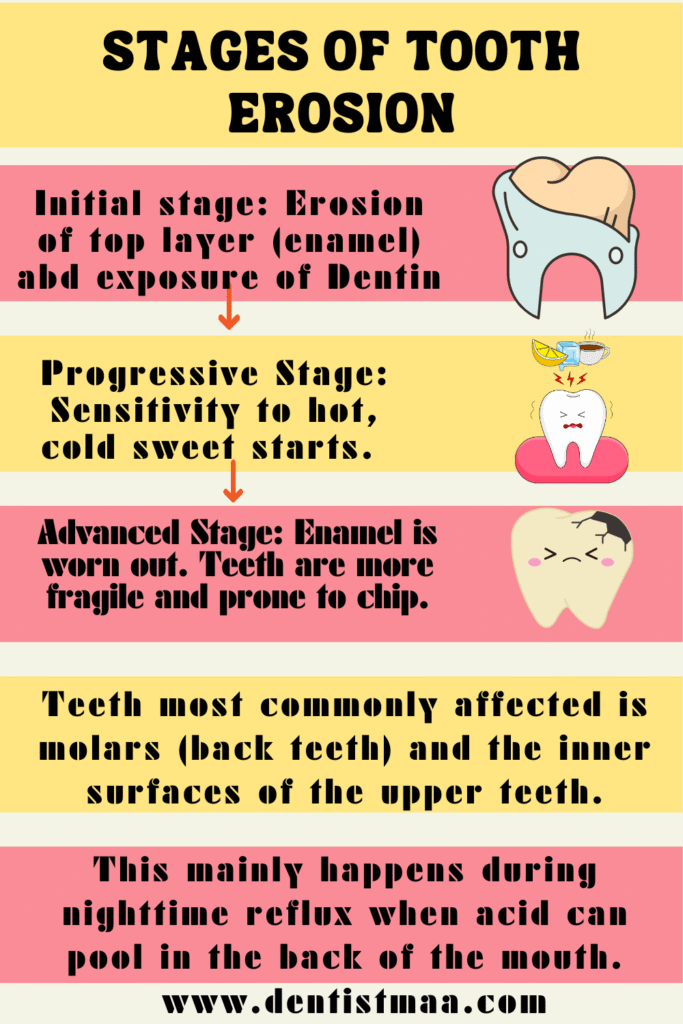
Signs and Symptoms of Acid-Related Tooth Damage
It’s crucial to recognize the signs and symptoms of tooth erosion early on, as prompt intervention can help prevent further damage. Here are some common signs that acid reflux may be affecting your teeth:
- Increased Tooth Sensitivity: One of the first signs of enamel erosion is heightened tooth sensitivity. If you notice discomfort or pain when consuming hot, cold, or sweet foods and drinks, it could be a sign that your enamel is wearing down. Visit your dentist and get it checked.
- Discoloration: Teeth that are becoming more yellow or translucent may indicate that the enamel is thinning and the underlying dentin is becoming more visible, due to the loss of enamel. It is a sign of a progressive stage.
- Changes in Tooth Shape or Texture: Acid erosion can cause teeth to become rounded, smooth, or uneven. You may also notice that your teeth feel rough to the touch.
- Tooth Decay: As enamel erodes, the risk of cavities increases. If you experience frequent cavities despite good oral hygiene, acid reflux may contribute to tooth decay.
- Chipping or Cracking: Weakened enamel can make teeth more susceptible to chipping or cracking, even during normal activities like chewing.
- Bad Breath: Chronic acid reflux can lead to persistent bad breath (halitosis) due to the presence of stomach acid and its effects on oral bacteria.
If you experience any of these symptoms, it’s essential to consult both your dentist and your healthcare provider to address the underlying cause and protect your teeth from further damage.
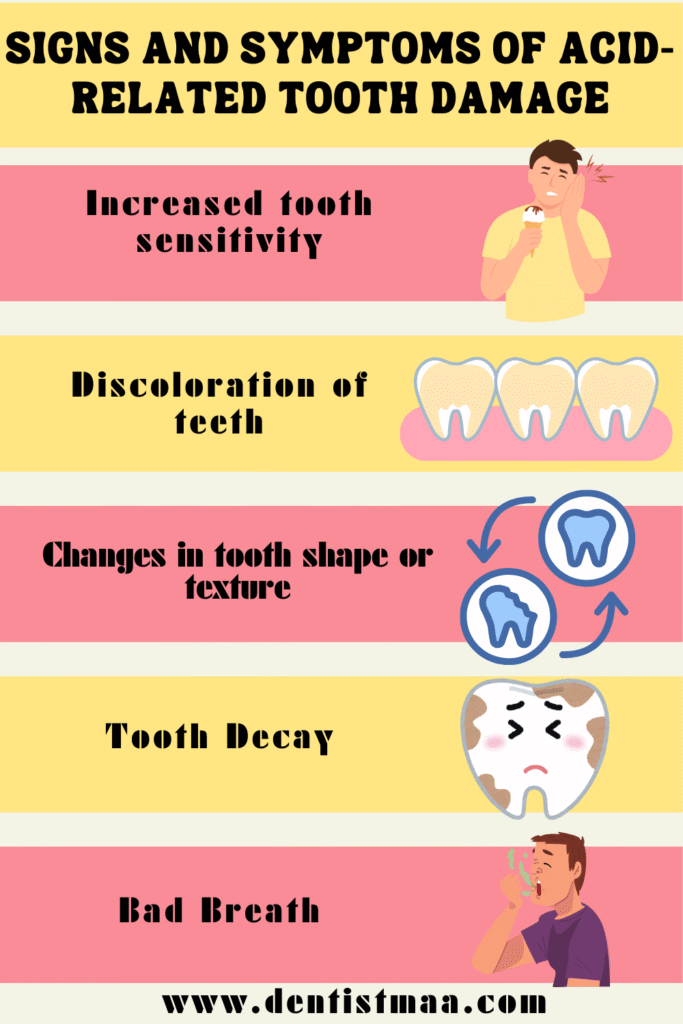
The Oral Health Risks of Untreated GERD
If left untreated, GERD can have serious consequences for your oral health beyond tooth erosion. Here are some of the potential risks:
- Tooth Decay: As enamel erodes, the risk of cavities increases. Enamel is the hardest layer of the tooth and once it is compromised, bacteria can penetrate the tooth more easily, leading to decay and the need for fillings or root canals and crowns.
- Gum Disease: GERD can also contribute to gum disease (periodontitis) by irritating the gums and promoting the growth of harmful bacteria. Gum disease can lead to inflammation, gum recession, and tooth loss if not treated.
- Tooth Loss: Severe enamel erosion and advanced tooth decay can ultimately lead to tooth loss. Missing teeth can affect your ability to chew, speak, and smile confidently, as well as impact your overall oral health. You would then need more advanced procedures like bridges, implants or dentures.
- Oral Infections: Acid reflux can create an environment in the mouth that is conducive to bacterial growth, increasing the risk of oral infections such as abscesses. When your tooth erodes and dentin is visible, slowly it becomes nonvital and you stop having pain. However, the infection might accumulate under the roots and cause an abscess.
- Dental Restorations: Acid reflux can also affect existing dental restorations, such as fillings, crowns, and veneers. The acidic environment can cause these restorations to deteriorate prematurely, leading to the need for replacements.
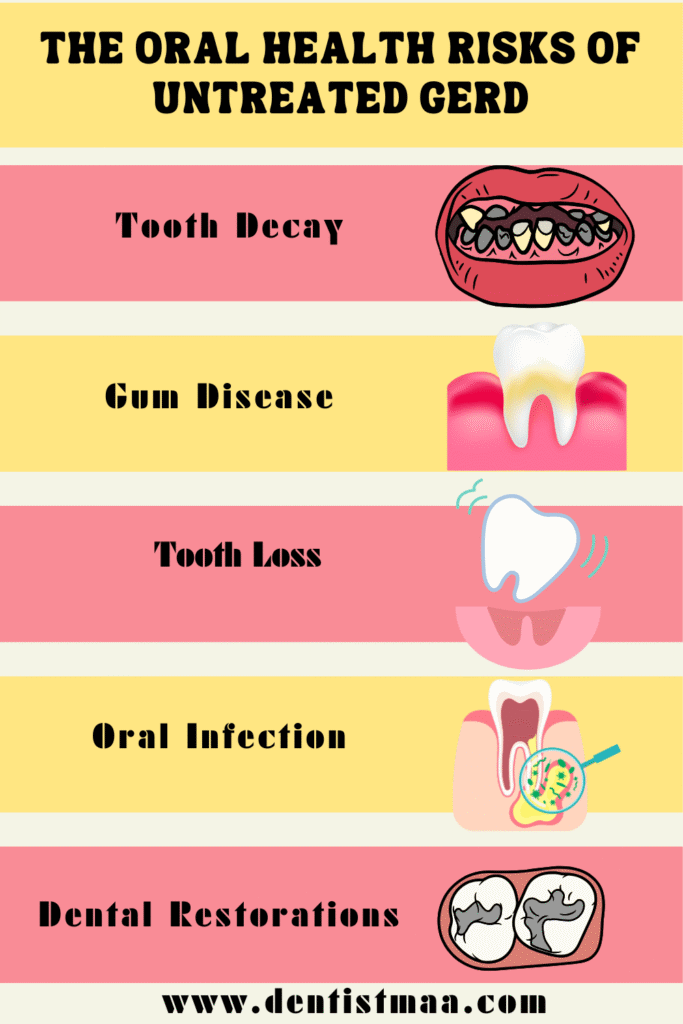
Managing Acid Reflux to Protect Your Teeth
If you suffer from acid reflux or GERD, managing the condition is crucial not only for your overall health but also for your oral health. Here are some strategies to help protect your teeth from acid-related damage:
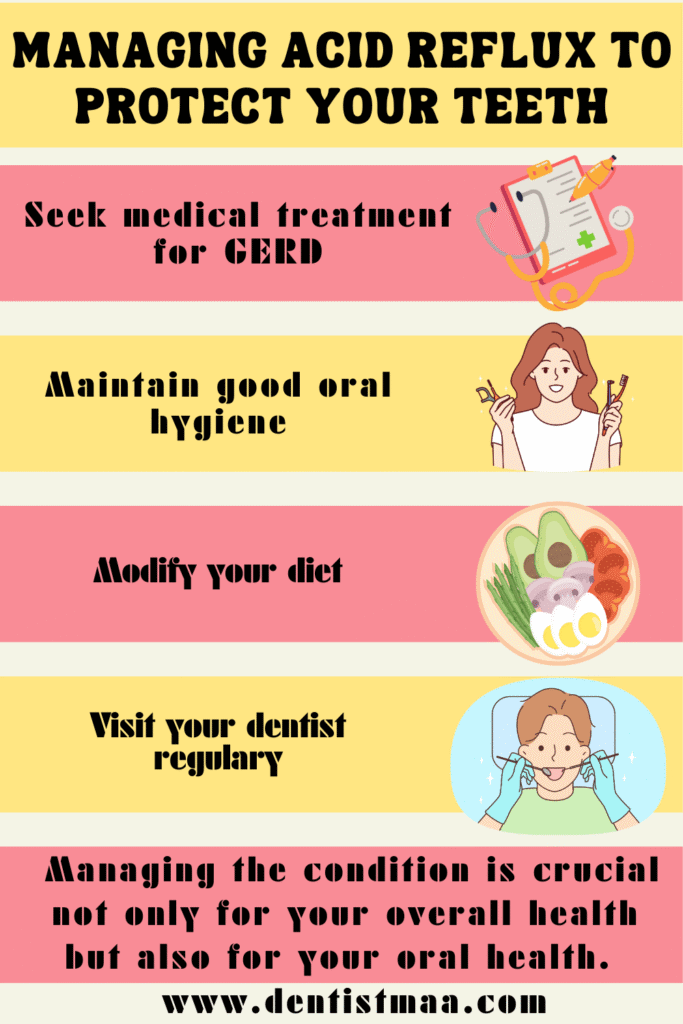
1. Seek Medical Treatment for GERD
The first step in protecting your teeth from acid reflux is to address the underlying condition. Consult your healthcare provider to develop a treatment plan for managing GERD. This may include:
- Medications: Over-the-counter antacids, H2 blockers, or proton pump inhibitors (PPIs) can help reduce stomach acid production and alleviate reflux symptoms.
- Lifestyle Modifications: Making changes to your diet and lifestyle can help reduce acid reflux. Avoid trigger foods (such as spicy, fatty, or acidic foods), eat smaller meals, and avoid lying down immediately after eating.
- Surgery: In severe cases of GERD, surgery may be necessary to strengthen the LES and prevent acid reflux.
2. Maintain Good Oral Hygiene
Good oral hygiene is essential for minimizing the effects of acid reflux on your teeth. Here are some tips:
- Brush Twice a Day: Brush your teeth at least twice a day using fluoride toothpaste. Fluoride helps strengthen enamel and protect against acid erosion. A fluoride-free toothpaste only removes plaque but does not protect from cavities.
- Use a Soft-Bristled Toothbrush: A soft-bristled toothbrush is gentler on enamel and can help prevent further damage to already weakened teeth.
- Rinse with Water: After experiencing acid reflux, rinse your mouth with water to help neutralize the acid. Avoid brushing your teeth immediately after reflux episodes, as the enamel may be softened by the acid and more susceptible to abrasion.
- Fluoride Treatments: Ask your dentist about fluoride treatments or use a fluoride mouthwash to help strengthen your enamel and protect your teeth from acid erosion.
3. Modify Your Diet
Your diet plays a significant role in managing acid reflux and protecting your teeth. Consider making the following dietary changes:
- Avoid Acidic Foods and Drinks: Limit your consumption of acidic foods and beverages, such as citrus fruits, tomatoes, soda, and wine, which can exacerbate acid reflux and contribute to enamel erosion.
- Stay Hydrated: Drinking water throughout the day can help wash away acid and keep your mouth hydrated. Saliva plays a crucial role in neutralizing acid and protecting teeth, so staying hydrated is important.
- Chew Sugar-Free Gum: Chewing sugar-free gum can stimulate saliva production, which helps neutralize acid and wash it away from your teeth. Opt for gum that contains xylitol, a natural sweetener that can help protect against cavities.
4. Visit Your Dentist Regularly
Regular dental checkups are essential for monitoring the health of your teeth and catching any signs of acid erosion early. Your dentist can provide professional cleanings, fluoride treatments, and other preventive measures to protect your teeth from acid-related damage.
Conclusion: Protecting Your Teeth from Acid Reflux
Acid reflux and GERD are conditions that can have far-reaching effects on your health, including your oral health. The stomach acid that flows back into your mouth during reflux episodes can erode tooth enamel, leading to sensitivity, discolouration, decay, and other dental problems. By understanding the connection between acid reflux and teeth, you can take proactive steps to protect your oral health.
If you suffer from acid reflux, it’s essential to work with your healthcare provider to manage the condition effectively. In addition to medical treatment, maintaining good oral hygiene, making dietary changes, and visiting your dentist regularly can help minimize the impact of acid reflux on your teeth.
Remember, early intervention is key. If you notice any signs of acid-related tooth damage, don’t hesitate to seek professional advice. With the right care and attention, you can protect your teeth from the damaging effects of acid reflux and maintain a healthy, confident smile.
FAQs
1. Can acid reflux be completely cured, or is it a lifelong condition?
- While some people may experience relief from acid reflux with lifestyle changes and medication, GERD can be a chronic condition that requires ongoing management. Consult your healthcare provider for personalized advice.
2. How can I tell if my tooth sensitivity is due to acid reflux?
- Tooth sensitivity can have multiple causes, including acid reflux, tooth decay, and gum disease. If you have GERD and notice increased sensitivity, especially in the back teeth, it may be related to acid erosion. A dentist can help determine the cause.
3. Are there any specific toothpaste brands recommended for acid reflux patients?
- Toothpaste containing fluoride is beneficial for strengthening enamel. Some brands such as Sensodyne, also offer formulas specifically designed for sensitive teeth, which can help if you’re experiencing discomfort due to acid erosion.

4. Is it safe to use mouthwash if I have acid reflux?
- Yes, but choose an alcohol-free fluoride mouthwash. Alcohol-based mouthwashes can dry out the mouth, reducing saliva production, which is important for neutralizing acid.
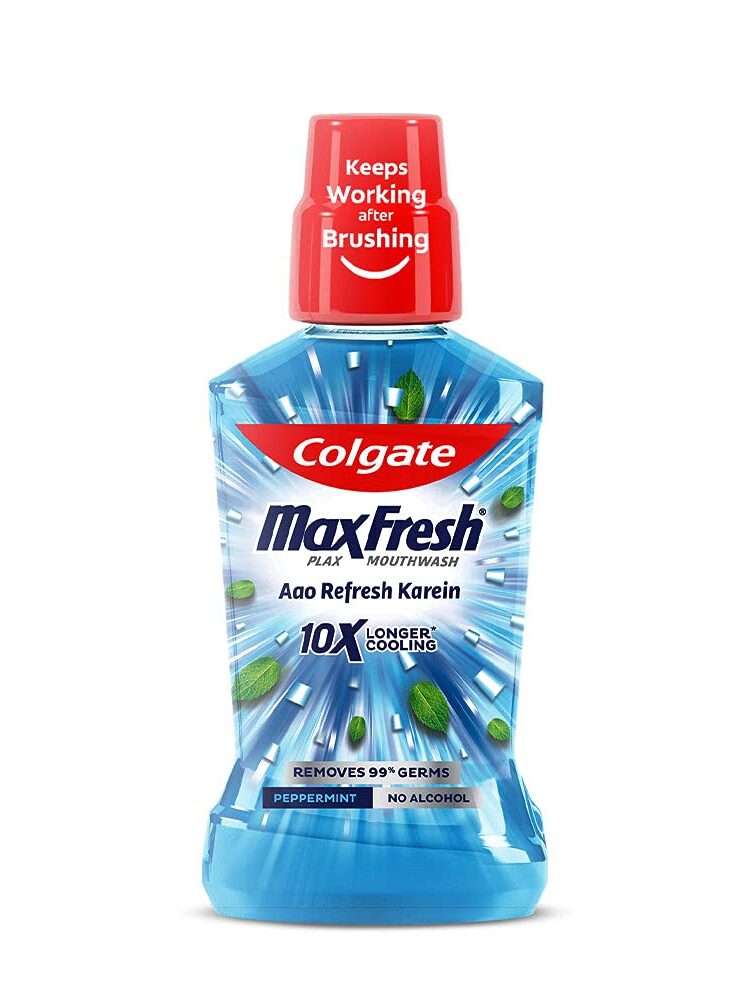
5. Can children with acid reflux also experience tooth damage?
- Yes, children with acid reflux can also be at risk for tooth erosion. Parents need to monitor their child’s oral health and consult a pediatric dentist if they notice any signs of enamel erosion.
Final Thoughts
Acid reflux may be a common condition, but its impact on oral health should not be underestimated. By understanding how acid reflux can damage teeth and taking proactive steps to manage the condition, you can protect your smile for years to come. If you’re concerned about the effects of acid reflux on your teeth, don’t hesitate to seek professional advice—your oral health is worth it
